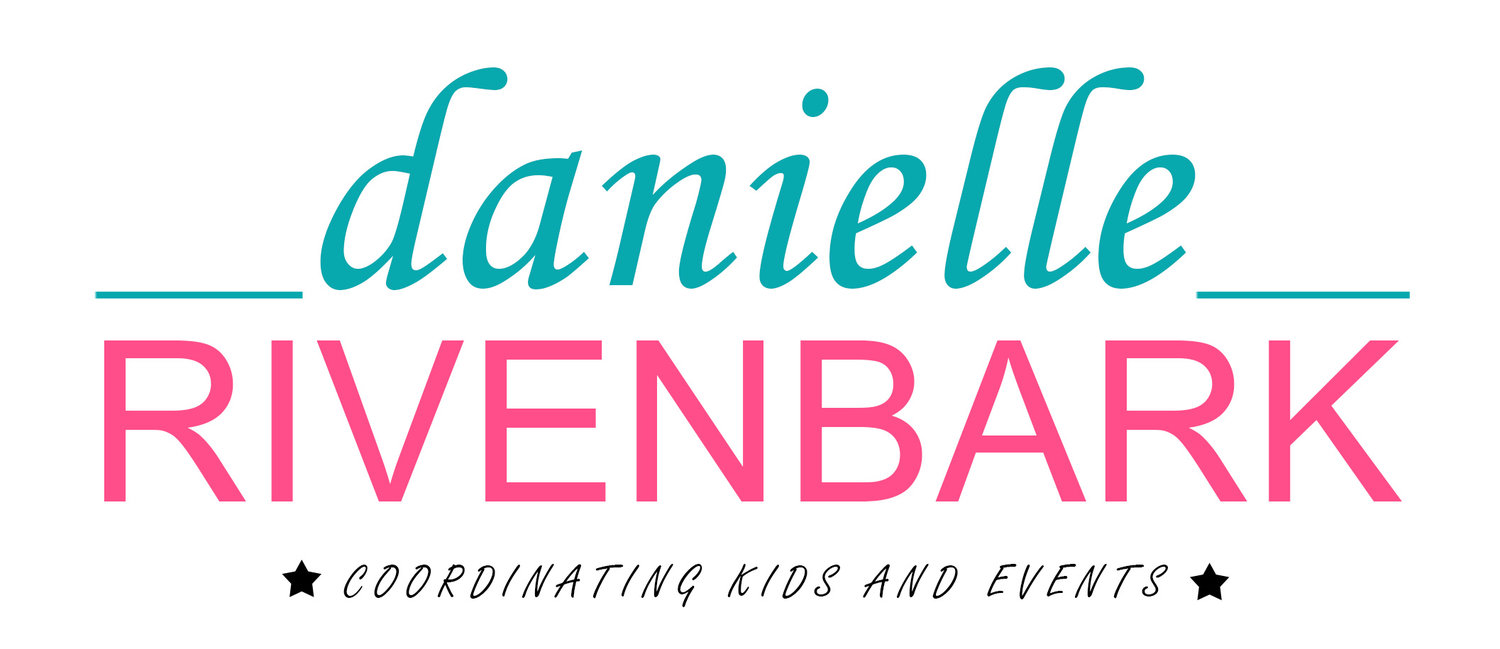I read a very enlightening article a few months back about a new addition to personality types. These types are ambiverts, an introvert-extrovert hybrid. This has become an interesting concept for me to explore since Myers-Briggs has been using the introvert versus extrovert concept as the first part of the MBTI personality inventory.
You may recall that I posted back in July about being an introvert. You can read about my tips for Working a Room for reference. When I first identified as an introvert years ago, I was puzzled because I knew that I wasn't a shy person. Still, it felt right to be considered an introvert because I don't often seek the limelight as I once did in youth. Thus, I embraced my introverted side because it is true that I do often seek quiet time on the couch at home over a party, and it takes me a long time to make friends in new situations.
However, when I read this article on NYMag.com, You Might Be an Ambivert, an Introvert-Extrovert Hybrid, the concept of being an ambivert seemed to fit even better than my previously embraced introverted identity. This concept was originally generated by Elizabeth Bernstein and published in the Wall Street Journal.
“You can tell if you’re an ambivert by asking yourself how you’d behave in common situations. What do you crave after a long day at work when you need to refuel—a happy hour with friends, or your couch and the remote control? At a social event, at what point do you want to leave—as soon as you get there or after the last person has left? In a conversation, do you prefer to think through your answers before speaking, or throw out whatever idea comes to mind and bat it back and forth? ... If you’re an ambivert, your preference will often be somewhere in the middle—you choose to have a drink with a friend after work but then afterward go home and take a long walk with the dog.”
In taking the Myers-Briggs personality inventory (MBTI) you are forced you to choose a preference during a series of questions, creating a dichotomy of introvert or extrovert. It begs the question of is life really like this? Black and white? The answer is no. Life is full of gray and why shouldn't our personalities also have the opportunity to reflect this? The Myers-Briggs test doesn't have "Option C" that states, "It Depends." It also doesn't have more explanation like, "If it was a hard day at work then I would want to stay at home, but if the sun was shining that day and I was able to go for a walk then my mood would be different and maybe I'd be more up for entertaining."
Now, I'm not saying that the Myers-Briggs personality inventory isn't valid. After all, it is heavily researched and widely used. But, why not explore Option C? I dug a little deeper within myself and realized that I really do love throwing events (I mean that's what I do right?). I love setting things up, and ensuring that people are having a good time. The atmosphere and relationships I've built from both professional and personal events are so valuable to me. I don't even mind conversing with people at the event. When the event is over, I also love that I can retreat into my couch with Jerry and decompress with some television.
During a training about MBTI at work people were shocked to find me so far on the introverted scale, because I do feel that I get my energy from solitude. During the inquiry, I explained that I know how to, "turn on my extroverted side" when appropriate, but that nothing was better than coming home at the end of the day. Yet, being able to identify as an ambivert has a nice ring to it and seems to fit better than being a complete introvert. I don't have to commit to one side or the other.
I find that at work I can sometimes go all day at my desk and not speak with anyone and be just fine. I can also go to a meeting and am known to speak up and share my ideas freely. Why can't I be both introverted and extroverted?
What's more is that Adam Grant, a researcher at the Wharton School of Business, thinks that ambiverts make up at least half of the population. So why force people to decide introvert or extrovert? Doing this seems to ostracize a majority of the population.
Understanding where you fall on the spectrum can certainly help to predict how people with different personalities will interact with one another in social situations. Having self-awareness is so important when building relationships. Perhaps being an ambivert prevents us from knowing how we will react in different situations, whereas identifying as an introvert or extrovert can provide a reaction road map for you to follow. But, this is real life... in color... many colors. I think we should celebrate that we are not just one side of a coin, but sometimes both sides of the same coin.
So how will I celebrate being an ambivert? It depends.
To find out about where you fall take the ambivert assessment here. Let me know your results! Leave a comment below or send me an email.

